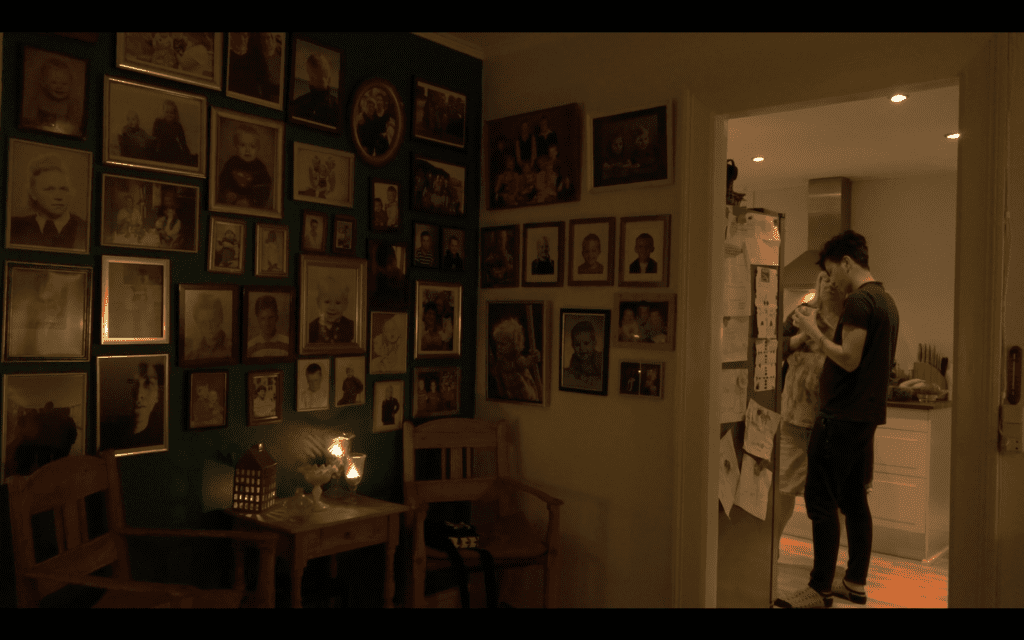Sofia Hardt studied Economics and Human Rights at Bard College.After her BA, she became gradually interested in filmmaking as a more democratic and open form of communication. Now based in Copenhagen, she works for Mændenes Hjem (an organization that offers a range of social and health services for people who are homeless, drug users or otherwise in need) and pursues her passion for documentary-filmmaking in collaboration with UP, a film collective of like-minded documentarians.
The subjective nature of Post Reality
Post reality as a concept relates in interesting ways to the two main areas that Sofia has worked: previously, econometrics, and now in documentary filmmaking. From the outside, both are based in objective reality and facts. As Sofia says, “I was drawn to the evidential nature of statistics which identifies a number that says something about the world, and then creates a model that responds to it. And it’s kind of the same with documentary filmmaking.”
But the more she worked in both fields, Sofia came to understand that these so-called objective realities were still subjective. In econometrics, she says “There is so much that can be manipulated when making a model,” despite the fact that economics is seen as very straightforward and predictive.
In documentary filmmaking, she ran into the same struggle, which she says was difficult on an emotional and personal level. At first, she says, “In the beginning I was obsessed with capturing the true reality. I would film everything. If I was making a film about someone I would just follow them around and film and I’d end up with hours of unfocused material to edit. As I kept working and learning, I realized that my films are always about myself and my own emotions in some way – just seen through someone else’s life. Once I became more consciously aware of the ways in which my reality impacts the stories I choose to tell about others and embraced the subjective nature of documentary filmmaking, my films improved.”
Of course, once the film is on the editing board, this filmed reality can be shifted and adjusted, so the final product is a subjective take on the events. But for Sofia, she hopes her work functions as an open text, where her own experiences, the experiences of the person she films, and the experience of the viewer come together in an evolving dialogue.

The challenges of subjectivity
When it comes to the general concept of Post Reality, Sofia says that for her, “There’s something about the concept of post reality that always makes me a bit cautious because I feel like it can make it hard to change injustices in the world if you embrace too much this idea that everything is subjective.”
The solution is not necessarily to ‘reject’ the idea of Post Reality, however. Instead, Sofia believes it’s important “to acknowledge that the things we create are subjective, in a very transparent way.” As the subjectivity is open and transparent, it can be discussed and understood.
